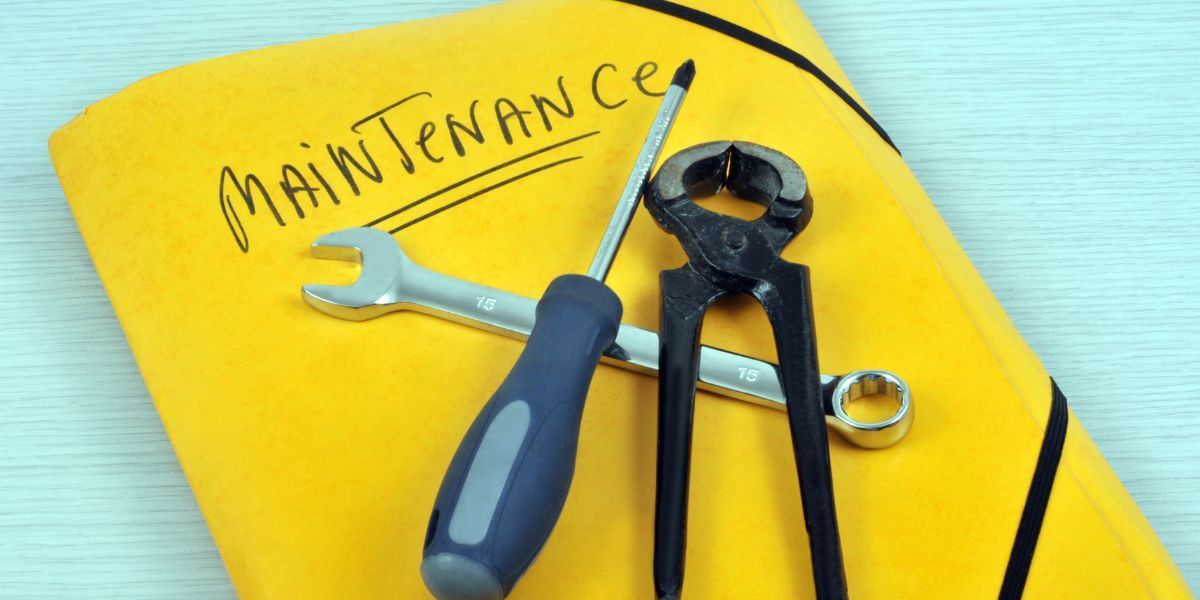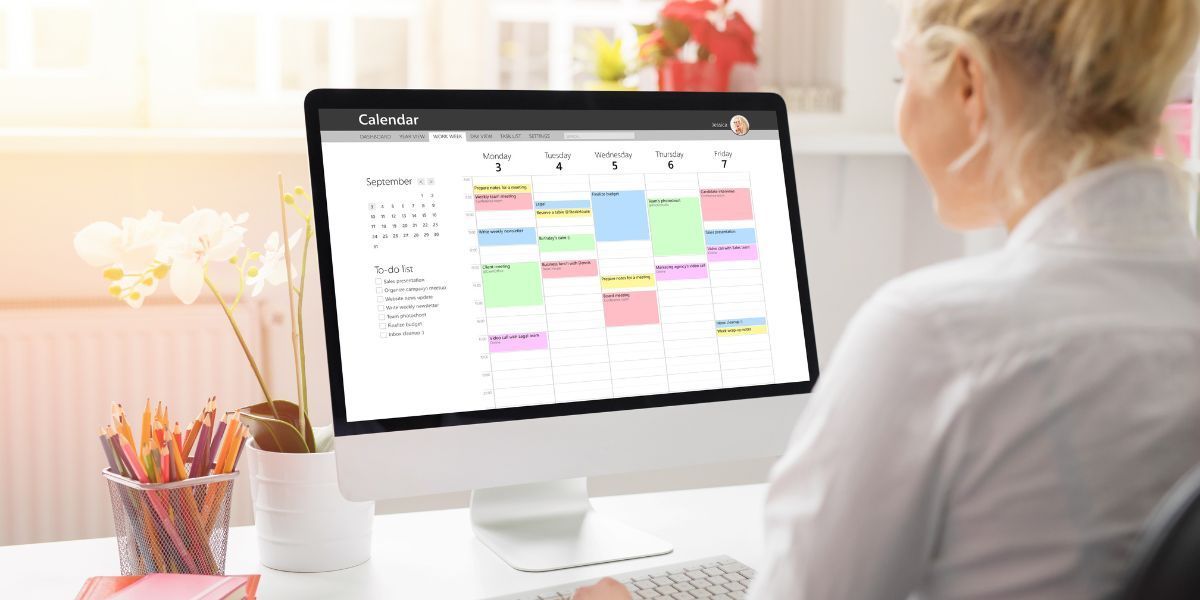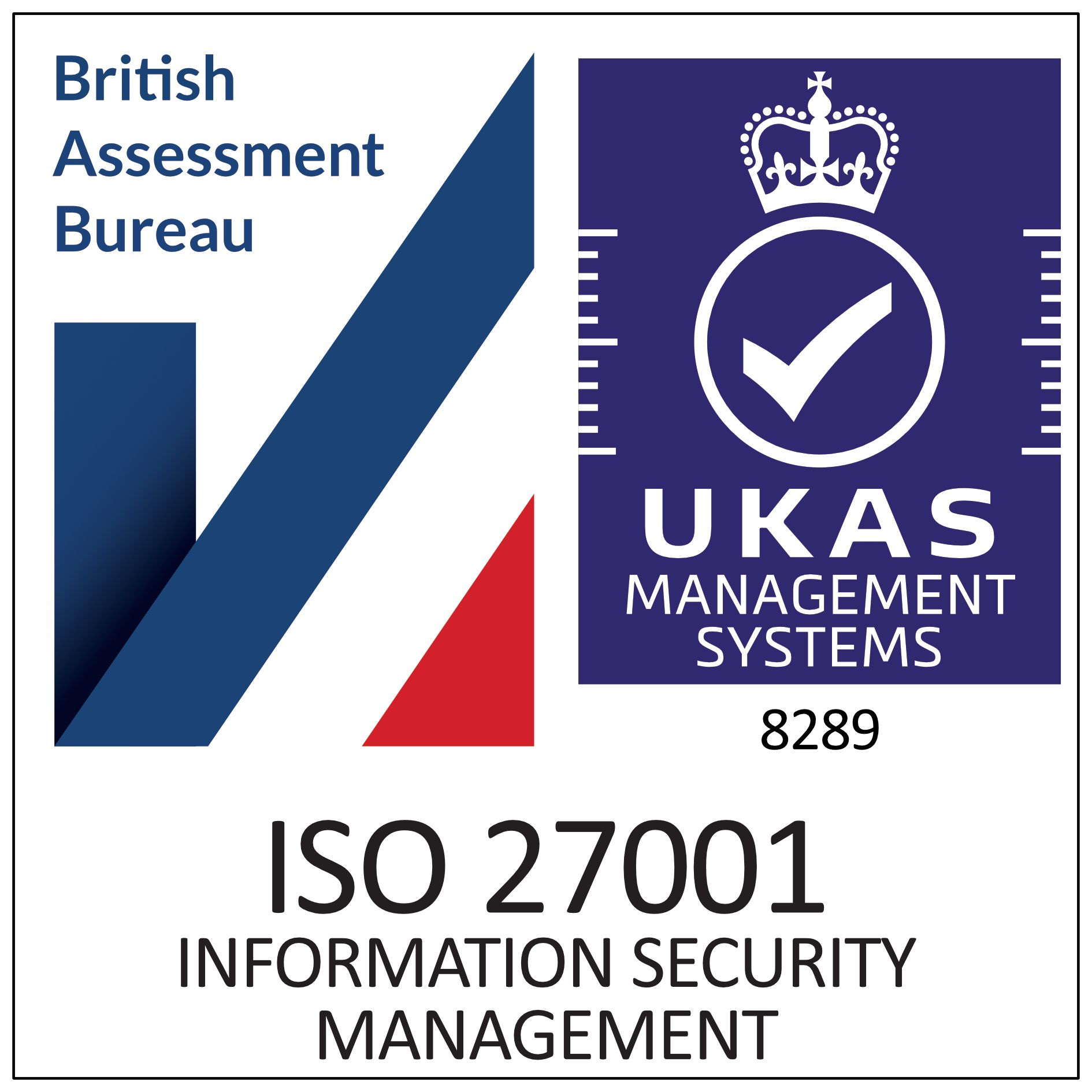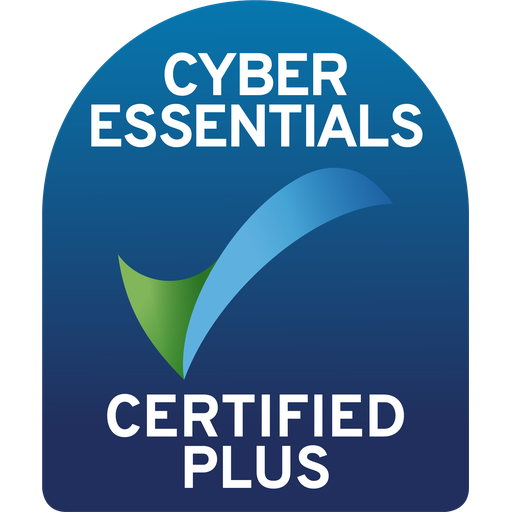Smarter Support Plan Oversight
The Support Plan Isn’t Just a Document, It’s a Lifeline
In residential children’s care, a support plan is far more than a form to complete or a file to tick off during inspections. It’s a living, breathing roadmap for how to care well.
Each plan captures a young person’s full picture: who they are, what they need, what triggers them, what soothes them, and how they can be supported to grow. It includes crucial safety information, behavioural strategies, medical protocols, and learning goals but also those little personal details that make a child feel seen: how they like their toast, who they trust, what makes them laugh, what helps them sleep.
When done well, a support plan becomes a powerful tool. It gives staff confidence. It helps new team members understand a young person quickly. It shows social workers and inspectors that care is consistent and individualised. Most importantly, it ensures the child’s voice is central in the care they receive.
But in the reality of a busy home, even the best written plans can fall behind. Printed copies get buried in folders. Reviews get postponed due to urgent incidents or staffing pressures. Updates are scribbled in notebooks or shared verbally across shifts but never formally recorded. And that’s when risk creeps in. Staff start relying on memory or assumption. Inconsistencies appear. Children notice when the approach changes or when their needs aren’t met the way they hoped. It chips away at trust and stability.
That’s where smart residential children’s homes software like Sue Solutions comes in - turning support plans into active, accessible, and evolving tools that support both the child and the team caring for them.
Why Monitoring Support Plans Is So Crucial
Support plans touch every part of a young person’s experience. They cover:
- Day-to-day routines
- Medical and health needs
- Communication preferences
- Risk management strategies
- Emotional and behavioural support
- Educational targets
When they’re accurate and up to date, these plans create safer, more consistent care. But when they’re not?
- Staff work inconsistently
- Risks are missed or mismanaged
- Children feel misunderstood or unsupported
- You fall short of Ofsted expectations
Monitoring is what turns support plans from static files into living, useful tools.
Support Plans: What Teams Are Up Against
If you’re a manager, RI, or team leader in a residential children’s home, you know that support plans are essential but you also know how hard it can be to keep them active and accurate in the middle of real life care work.
Here’s what we hear from teams time and time again:
- Plans live in paper folders that are rarely opened unless there’s an inspection due. Updating them means printing, filing, and hoping the new version gets read.
- Updates are handwritten on forms or scrawled in notebooks, while others are buried in shift handovers or forgotten in staff emails. Critical changes often don’t reach the whole team in time.
- There’s no easy way to check if plans are being followed. You don’t know if the strategies in place are being used, let alone whether they’re actually effective.
- Staff use different language or approaches, even when working with the same young person. This creates confusion, inconsistency, and potential safeguarding risks.
- Review deadlines get missed. You meant to book the 28-day review, but then two staff were off sick, an incident happened, and now it’s overdue and unrecorded.
And when Ofsted shows up, they don’t just want to see that support plans exist. They expect:
- Up-to-date, reviewed plans that reflect the young person’s current needs
- Clear evidence that staff have read and understood the plan
- A record of changes, with reasons and outcomes
- Scheduled reviews, completed on time, with involvement from the child and professionals
Trying to evidence all of that with a pile of folders and a colourcoded spreadsheet? Stressful at best. Risky at worst.
Without a central, live system, the cracks are inevitable. And when the cracks appear, the pressure is felt by the whole team.
How Sue Makes Monitoring Support Plans Simple and Secure
Sue is residential children’s homes software that takes the stress out of support plan oversight. Here’s how:
Live, Editable Support Plans
Each child’s plan is stored securely in the cloud and editable in real time. Whether it’s a dietary need or a new risk strategy, you can update it in minutes and the whole team can see it straight away.
Review Scheduling & Reminders
Set plan review dates, assign responsibilities, and receive reminders when reviews are due. Never miss a 28-day review again.
Integrated Daily Logs & Evidence
Shift records and incident reports link back to the support plan. This helps managers and RIs see:
- Is the plan being followed?
- Is it working?
- What needs to change?
Audit Trails for Inspections
Every change is logged with who made it, when, and why. That means you can always evidence your rationale to Ofsted and local authorities.
Access for the Right People
Customisable permissions mean care workers see what they need to see, and managers get the full picture.
For Care Workers: Confidence on Shift
Care workers are on the front line of support every day. They’re expected to deliver personalised, consistent care often in high-pressure situations. But they can only do that well if they have access to the right information.
Support plans provide that structure, but only when they’re clear, current, and accessible. With Sue, team members receive digital access to each young person’s latest support plan at the start of every shift. It’s easy to navigate, simple to read, and always up to date.
No more:
- Guessing which de-escalation strategy to use
- Flipping through outdated folders
- Missing key information about medication, triggers, or routines
Instead, care workers can:
- Approach each child with the right tone, structure, and expectations
- Handle risk confidently, knowing the latest guidance
- Log their work in a way that ties back to the plan
This builds professional confidence, reduces mistakes, and improves outcomes not just for the team, but for the children they support.
For Managers: Oversight Without Micromanaging
Managers are responsible for ensuring support plans are not just written, but used. That means checking that staff are following strategies, reviews are happening, and outcomes are being achieved while also running a busy home.
Sue Solutions gives managers the tools to:
- Track when plans were last reviewed
- See which strategies are being used (and which aren’t)
- Monitor outcomes and identify what needs adjusting
This allows managers to lead with clarity, not guesswork. Instead of chasing updates or reacting to missed reviews, they get ahead of issues. Quality assurance becomes built-in not an extra job on top of everything else.
For RIs: Assurance and Accountability
Responsible Individuals have a unique challenge: to maintain strategic oversight while staying connected to day-to-day practice. With multiple homes, staff teams, and care plans, that level of governance is hard to maintain especially without a live view. Sue makes it simple. Dashboards show:
- Which plans are overdue for review
- Where updates have been made
- How plans are being actioned in daily care
That means RIs can:
- Hold managers accountable without micromanaging
- Identify systemic issues early
- Provide clear evidence during inspections and board reporting
It’s the assurance you need, and the visibility regulators expect.
Real World Example
Situation: A young person’s support plan lists 2:1 supervision during community access, but staff aren’t aware of a recent update reducing it to 1:1. An outing goes ahead with the wrong ratio. With Sue Solutions: As soon as the plan is updated, all staff receive the new version. Daily logs show who acknowledged it. No mix-up, no risk.
Better Plans Mean Better Care
When support plans are live, visible, and monitored, everything improves:
- Children feel safer and more understood
- Staff work with more confidence
- Managers lead more effectively
- Ofsted sees consistency and care
Residential children’s homes software like Sue Solutions makes that possible.
FAQs
Sue Answers
1. Can staff see the most current version of a support plan?
Yes. With Sue, all support plan updates are saved in real time within the residential children’s homes software. That means frontline staff always have access to the most current version no need to double-check paper folders or rely on outdated copies. This ensures consistent, safe, and informed care at every shift.
2. Can we track when support plans are reviewed?
Absolutely. Sue automatically logs the date and time of each support plan review, along with who carried it out. You can schedule review cycles and receive timely reminders so you stay compliant with Ofsted expectations and never miss a review deadline.
3. Are changes to the plan time-stamped?
Yes. Every edit made to a support plan is fully time-stamped, with details of who made the change and why. This audit trail adds transparency and helps you evidence decision making and responsiveness during inspections.
4. Can we link incidents to the support plan?
Yes. One of Sue’s most useful features is the ability to connect daily logs and incident reports to the relevant parts of the support plan. This provides a clear picture of whether the strategies are being used and whether they’re working making monitoring easier and more meaningful.
5. What happens if a plan is overdue for review?
Sue will flag overdue plans with visual alerts on the dashboard. You’ll be notified in advance, so you can take action before it becomes a compliance risk. This proactive feature is one of the ways residential children’s homes software like Sue helps reduce administrative pressure and keep care on track.
6. Can we download or print plans for meetings?
Yes. Support plans can be exported into a clean, printable format perfect for care review meetings, LAC reviews, or multi-agency discussions. This means you can engage professionals and families with up-to-date, professional documentation at a moment’s notice.
7. Is the system secure and GDPR compliant?
Yes. Sue has been developed with data protection at its core. As residential children’s homes software, it meets GDPR requirements and stores sensitive data in a closed, secure environment. Access is permission-based, ensuring only the right people see the right information.
8. Can different roles see different parts of the plan?
Yes. You can set role-based permissions so that care workers, managers, and RIs each have appropriate access. For example, frontline staff can view strategies and routines, while managers can access risk assessments and oversight tools. It’s flexible and safe.
9. Does Sue work across multiple homes?
Yes. If you manage or oversee more than one setting, Sue lets you monitor support plan reviews and updates across all homes in one place. It’s a major advantage for Responsible Individuals and senior teams who need real-time governance across a group.
10. How quickly can we get started?
Very quickly. Our team will guide you through onboarding, including importing existing support plans, setting up roles and permissions, and training your team to use the software confidently. Most homes
are fully up and running in just a few days.













